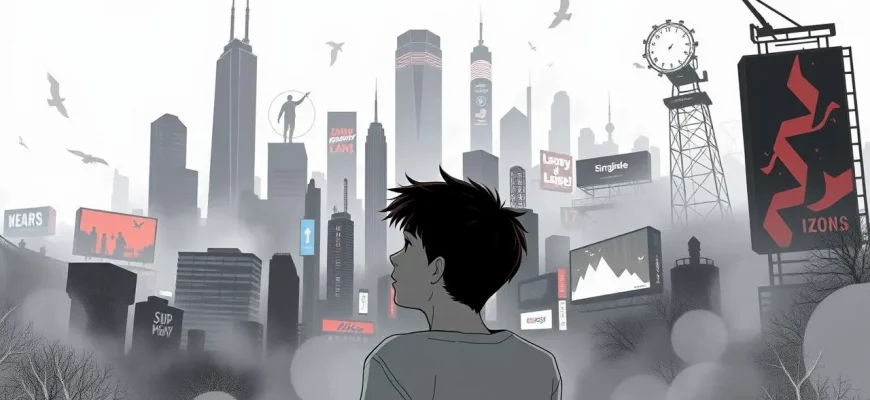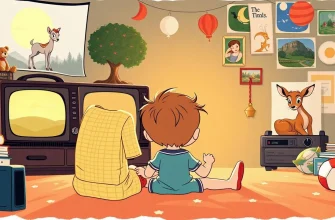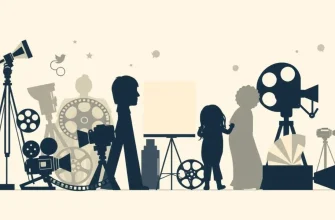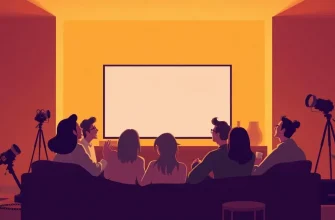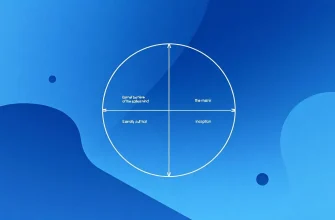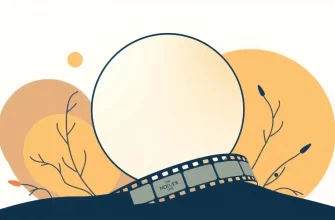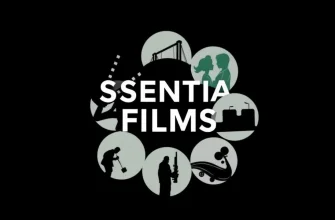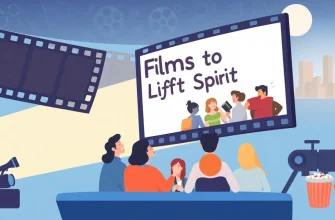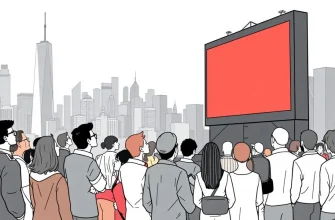Dystopian films offer a chilling glimpse into possible futures where societies have crumbled, and humanity faces new, often oppressive, realities. This collection of ten dystopian films not only entertains but also provokes thought, encouraging viewers to reflect on the trajectory of our own world. Each film in this list has been chosen for its compelling narrative, visionary world-building, and its ability to resonate with contemporary issues, making it an essential watch for anyone interested in speculative fiction.
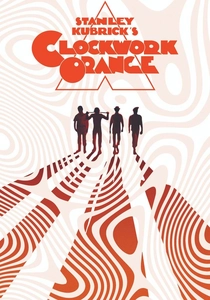
A Clockwork Orange (1971)
Description: Stanley Kubrick's adaptation of Anthony Burgess's novel explores a future where the government uses psychological conditioning to curb violent behavior.
Fact: The film was banned in several countries due to its graphic violence and controversial themes.
 Watch Now
Watch Now
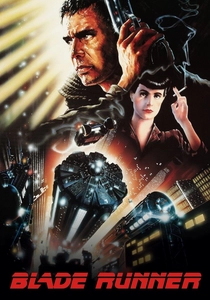
Blade Runner (1982)
Description: In a dystopian future, a "blade runner" must pursue and terminate four replicants who have escaped to Earth.
Fact: The film's director, Ridley Scott, was influenced by the aesthetics of film noir and the works of Philip K. Dick.
 Watch Now
Watch Now

The Matrix (1999)
Description: A hacker discovers the truth about his reality and his role in a rebellion against the controllers of a simulated world.
Fact: The film's "bullet time" effect was groundbreaking, requiring the development of new filming techniques.
 Watch Now
Watch Now
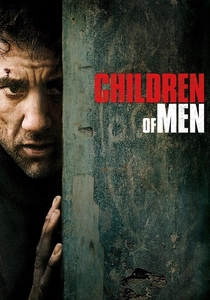
Children of Men (2006)
Description: Set in a world where humans can no longer reproduce, the film follows a former activist who must help a miraculously pregnant woman escape to safety.
Fact: The film features several long, uninterrupted takes, including a famous 6-minute shot during a battle scene.
 Watch Now
Watch Now

Equilibrium (2002)
Description: In a world where emotions are outlawed, a law enforcement officer begins to question the regime after missing his dose of emotion-suppressing drugs.
Fact: The film's concept of "Gun Kata" was developed specifically for this movie, blending martial arts with firearms.
 Watch Now
Watch Now
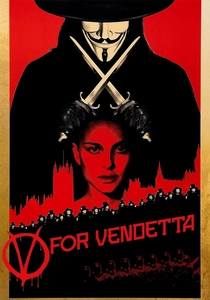
V for Vendetta (2005)
Description: In a fascist Britain, a masked vigilante known only as "V" uses terrorist tactics to fight against oppression, inspiring a revolution.
Fact: The film was adapted from a graphic novel by Alan Moore, who famously disowned the movie adaptation.
 Watch Now
Watch Now
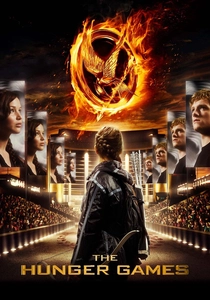
The Hunger Games (2012)
Description: Set in a future where the Capitol controls the twelve districts through an annual event where children fight to the death, this film explores themes of rebellion, control, and survival.
Fact: The film's director, Gary Ross, insisted on using real fire for the iconic fire dress scene, despite the risks involved.
 Watch Now
Watch Now

Brazil (1985)
Description: A bureaucrat in a retro-futuristic world dreams of escaping his mundane life, only to be caught in a Kafkaesque nightmare of bureaucracy and surveillance.
Fact: Terry Gilliam, the director, had numerous conflicts with Universal Studios over the film's length and content.
 30 Days Free
30 Days Free
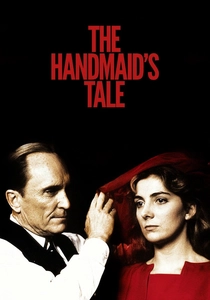
The Handmaid's Tale (1990)
Description: In a totalitarian society where women are subjugated, a handmaid must navigate her role in a regime that uses her for reproduction.
Fact: The film was adapted from Margaret Atwood's novel, which has since become even more relevant in contemporary discussions.
 30 Days Free
30 Days Free
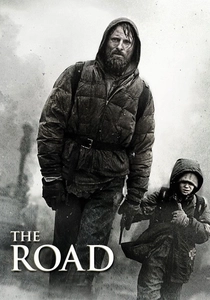
The Road (2009)
Description: A father and son journey through a post-apocalyptic wasteland, facing the harsh realities of survival in a world without hope.
Fact: The film was shot in various locations to capture the desolate, end-of-the-world atmosphere.
 30 Days Free
30 Days Free

